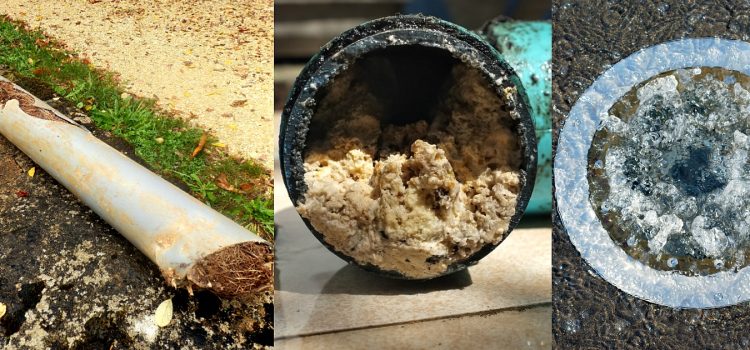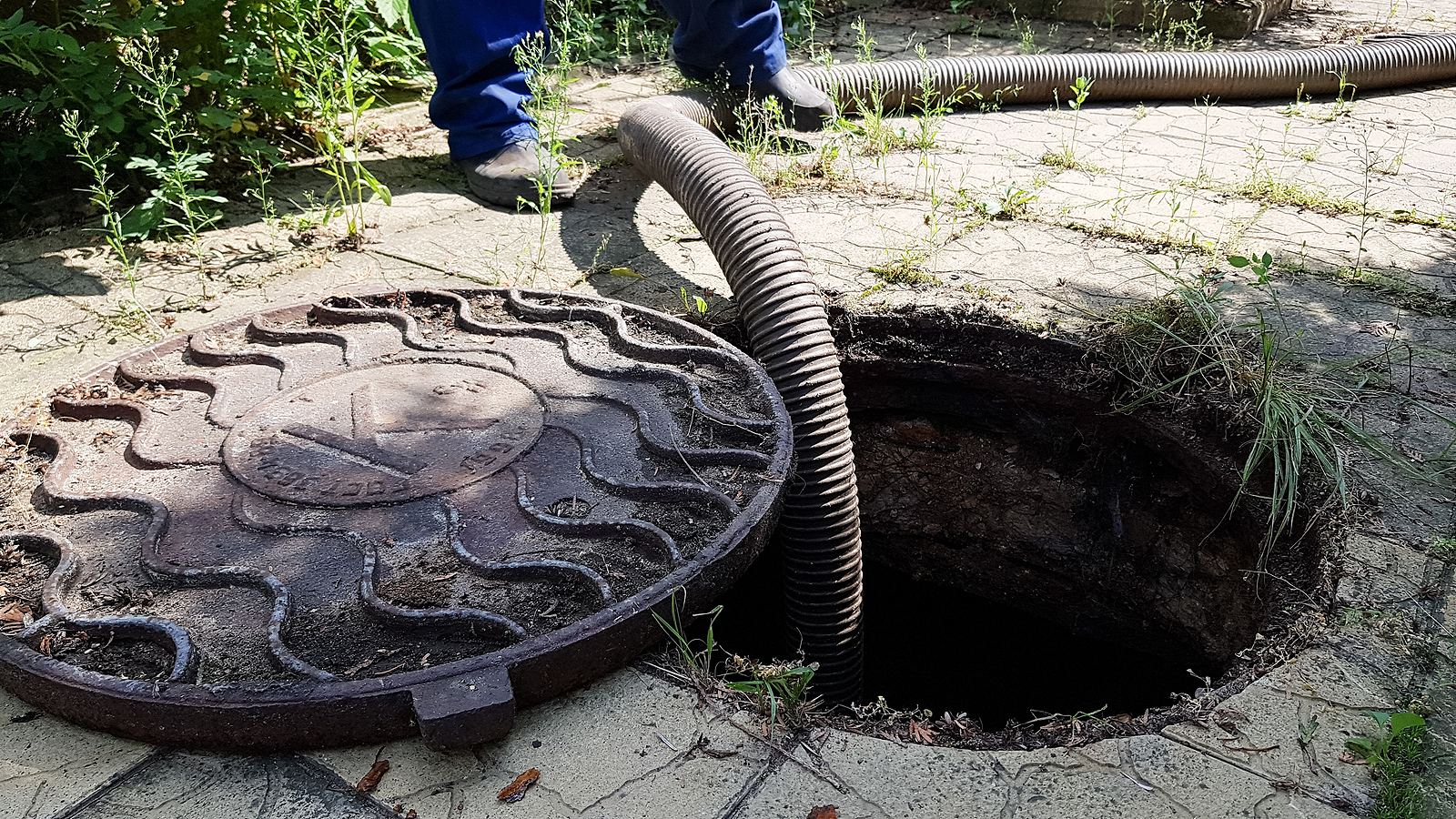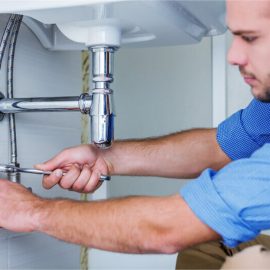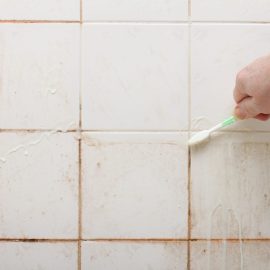
Dealing with a clogged sewer line can be a frustrating and messy experience. It disrupts your daily routines and can lead to unpleasant odors and potential damage to your home. If you find yourself repeatedly facing sewer line blockages, it’s essential to understand the underlying causes to prevent future issues. In this blog post, we’ll explore the common reasons why sewer lines keep getting clogged and provide insights into how to address and prevent these problems.
Accumulation of Grease and Fat
One of the leading causes of sewer line clogs is the accumulation of grease and fat. When you wash dishes or cook, oils and fats often get washed down the drain. Over time, these substances can solidify and build up on the interior walls of your sewer pipes, restricting the flow of wastewater. This can lead to blockages and sewage backups.
Solution: To prevent grease and fat buildup, avoid pouring them down the sink. Instead, collect them in a designated container and dispose of them properly in the trash. Additionally, use hot water and dish soap to break down any residual grease in your drains.
Tree Root Intrusion
Tree roots are naturally drawn to the moisture and nutrients in sewer pipes. As roots grow, they can infiltrate small cracks or gaps in the sewer lines. Over time, they expand and create blockages by trapping debris and other waste materials that pass through the pipes.
Solution: If you suspect tree root intrusion, it’s essential to consult with a professional plumber. They can use specialized equipment, such as root cutters or hydro-jetting, to remove the roots and prevent future growth. Regular maintenance, such as root treatments, can help mitigate this issue.
Foreign Objects and Debris
Foreign objects and debris, such as paper towels, hygiene products, wipes, and even toys, can enter the sewer system and become lodged in the pipes. These materials do not break down as easily as toilet paper and can accumulate over time, causing clogs.
Solution: Only flush toilet paper down the toilet and avoid disposing of non-biodegradable items in sinks or toilets. Install drain covers or screens to catch debris before it enters the sewer lines.

Old and Deteriorating Pipes
As sewer pipes age, they can deteriorate, corrode, or develop cracks and leaks. These structural issues can allow soil and debris to infiltrate the pipe, leading to clogs and blockages. In some cases, older pipes may have a smaller diameter, which can contribute to clogs more easily.
Solution: If you suspect that your sewer pipes are old or deteriorating, it’s advisable to have them inspected by a professional plumber. They can assess the condition of the pipes and recommend repairs or replacements as needed.
Fluctuating Water Pressure
Sewer lines rely on gravity to transport wastewater away from your home. If the water pressure in your area is inconsistent or there are sudden surges, it can disrupt the flow within the sewer lines. This can cause debris and sediment to settle, creating blockages over time.
Solution: While you cannot control external water pressure, installing a pressure-reducing valve (PRV) in your home’s water supply line can help regulate water pressure, reducing the likelihood of sewer line clogs.
Poorly Designed Drainage Systems
In some cases, the layout and design of your home’s drainage system may contribute to recurring sewer line clogs. If the slope of the sewer pipes is insufficient or improperly configured, it can lead to slow drainage and blockages.
Solution: Consult with a professional plumber to assess the design of your drainage system. They can recommend adjustments or improvements to ensure proper water flow and prevent clogs.
Conclusion
Frequent sewer line clogs can be a nuisance and a costly problem to address. By understanding the common causes of clogs and implementing preventive measures, you can minimize the risk of recurring blockages. Regular maintenance, proper disposal practices, and professional inspections can help keep your sewer lines clear and ensure the efficient removal of wastewater from your home. If you continue to experience persistent clogs despite taking preventive measures, don’t hesitate to consult with a professional plumber to identify and address underlying issues within your sewer system.



